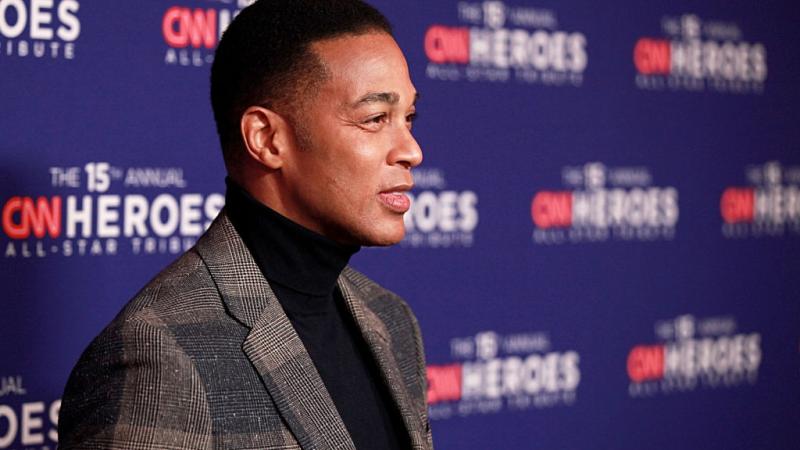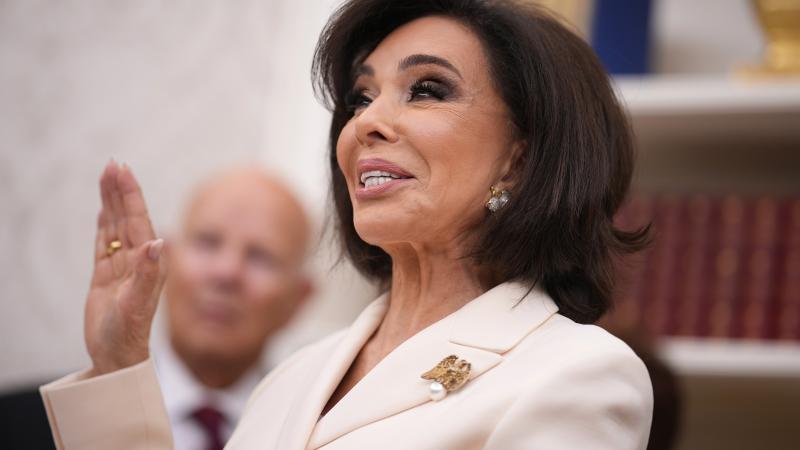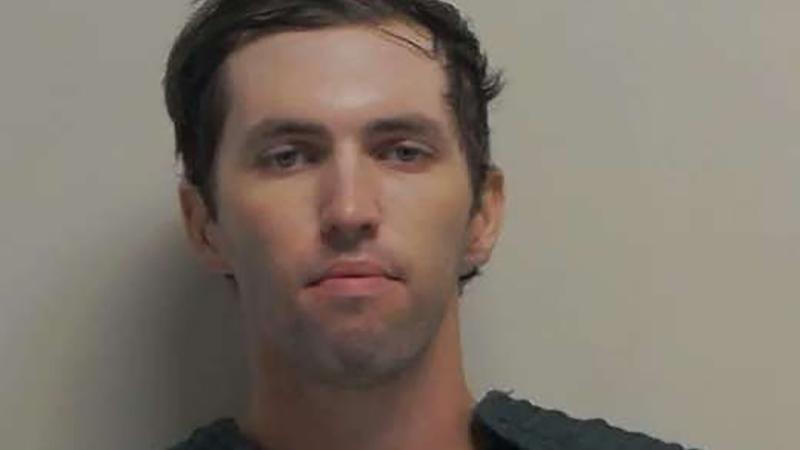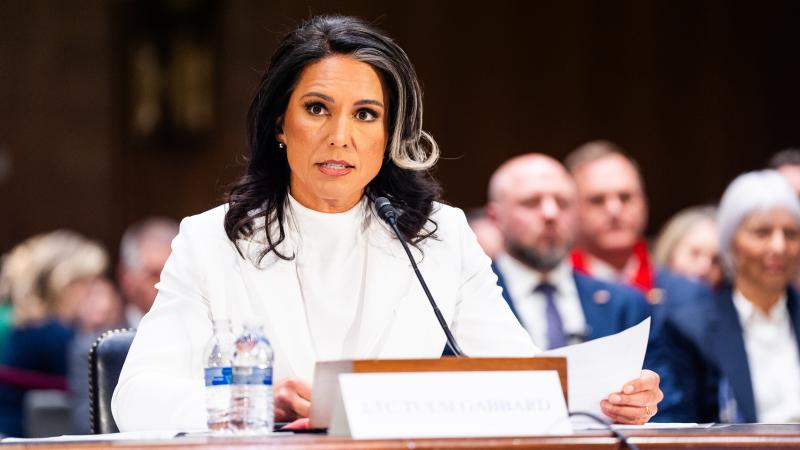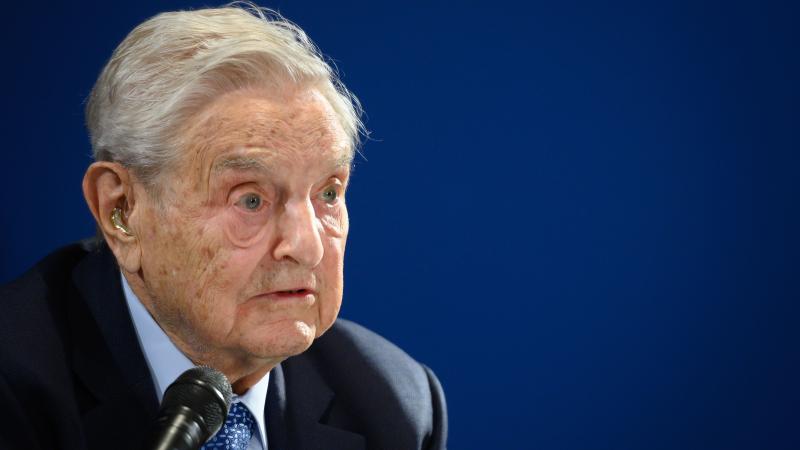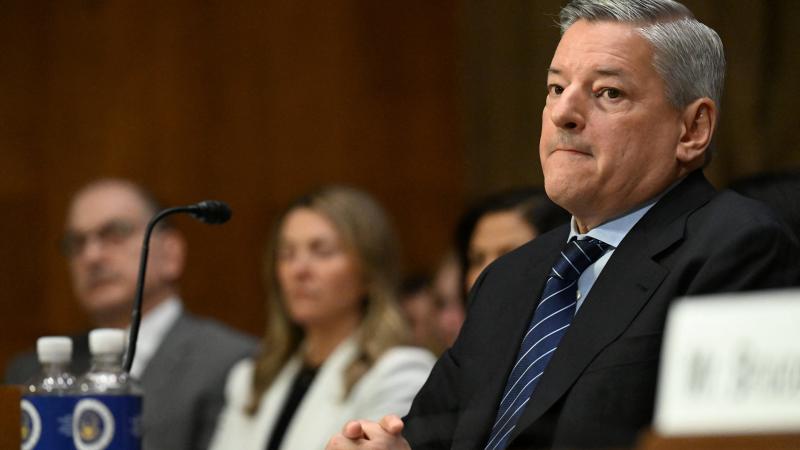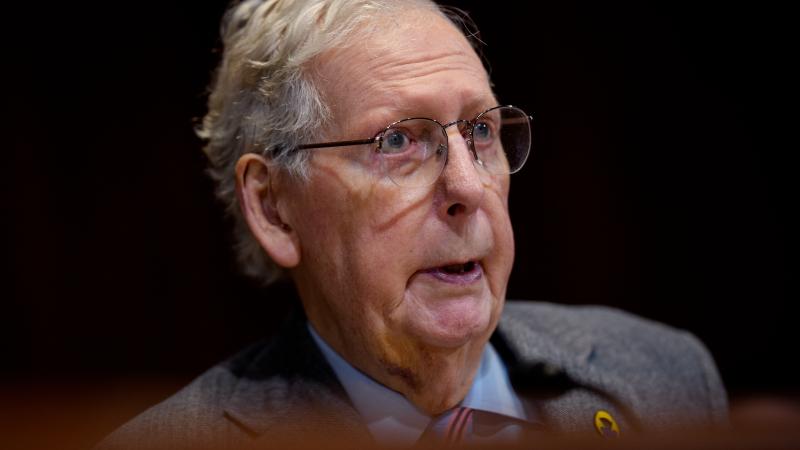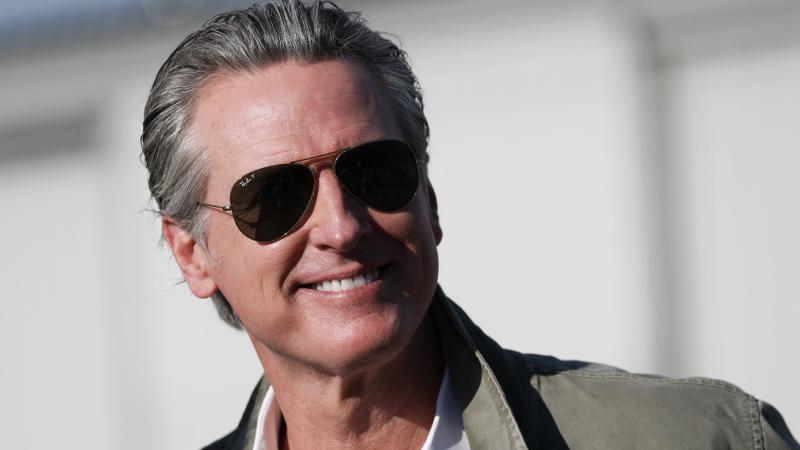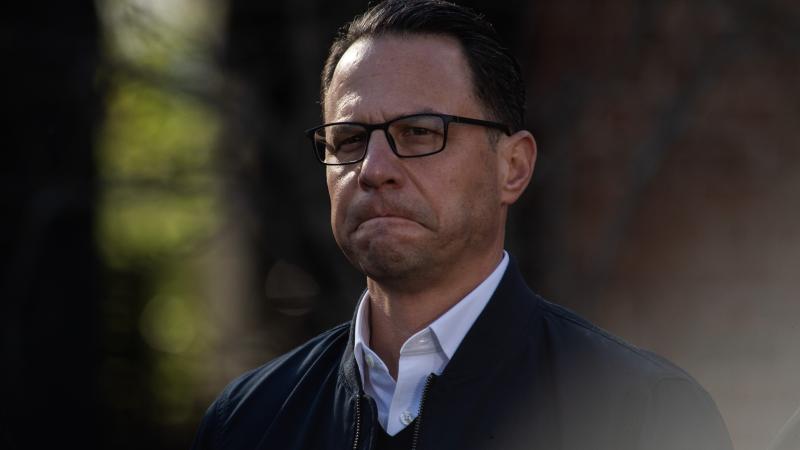Conservative group asks NY courts to probe whether Smith broke lawyer ethics rules in Trump case
Smith's investigations revolved around allegations that Trump mishandled classified documents and that his actions on January 6, 2021, were an attempt to overturn the 2020 election. He was never convicted of crimes in either case.
The conservative nonprofit Center to Advance Security in America filed a complaint Thursday with the New York Supreme Court asking for an investigation into potential violations of the state rules on the professional conduct of attorneys in connection with an investigation by Jack Smith, as Justice Department special counsel, into President Trump.
The group, in its six-page complaint to the court's Attorney Grievance Committee, raises concerns about Smith in his Trump investigations having potentially violated the Hatch Act and having failed to disclose evidence to Trump defense attorneys.
Smith's investigations centered on whether Trump, after his first term, mishandled classified documents and a speech he gave to supporters before the Jan. 6, 2021, Capitol Hill riot was an attempt to overturn the 2020 election that he lost. Trump was not convicted of crimes in either case.
The Hatch Act is a federal law that restricts government employees from engaging in political activities in their official capacities.
The bar complaint comes after the Office of Special Counsel (OSC) opened its own investigation into Smith's probes.
The complaint, first shared with Just The News, accuses Smith's appointment of being politically motivated given the timeline of the investigations, which it claimed were done in an attempt to derail Trump's reelection campaign. Smith had filed requests to expedite the case and filed a 165-page brief on why Trump is not protected by presidential immunity just months before the 2024 election.
"Jack Smith's potential Hatch Act violation and his failure to disclose evidence to President Trump's defense attorneys warrant a full investigation for violations of the NY Rules of Professional Conduct," said CASA Director James Fitzpatrick.
Fitzpatrick also highlighted recent revelations that Smith subpoenaed personal records and phone logs of hundreds of the president's closest allies and Republican senators, despite having weak evidence that a crime was actually committed.
"Smith's failed attempt to politically prosecute President Trump and his outrageous conduct in obtaining phone records of United States Senators show a pattern of unprecedented lawfare that is a stain on the history of the legal profession and this country," he continued. "The NY Bar should immediately initiate an investigation into Smith's potentially illegal activity."
In response to the allegations, the law firm representing Smith on Thursday shared a letter from August to acting Special Counsel Jamieson Greer arguing such allegations that its client violated federal law were "wholly without merit."
"Mr. Smith was fiercely committed to making prosecutorial decisions based solely on the evidence, he steadfastly followed applicable Department of Justice guidelines and the Principles of Federal Prosecution, and he did not let the pending election influence his investigative or prosecutorial decision-making," Smith's attorneys wrote.
The potential violations include Smith's expedited handling of the January 6 case, which the group suggests was a politically motivated effort to derail Trump's reelection campaign on federal government time.
Trump was indicted by a federal grand jury in August 2023, but Smith urged the trial to take place in January 2024, despite most defense attorneys having two years to prepare for such cases.
The complaint also argued that Smith was allowed to present a massive brief on why Trump should be exempt from presidential immunity as determined by the Supreme Court. His filing was 165 pages, more than four times the normal length.
It additionally alleged that Smith admitted in a House hearing to withholding allegedly impeachable evidence to Trump's defense team, which would violate the New York Rules of Professional Conduct.
CASA argued that because some of the actions likely violated the Hatch Act, the activity would be considered illegal and therefore, grounds for disbarment. The New York bar says actions must be "illegal" but do not have to be "criminal."
Misty Severi is a news reporter for Just The News. You can follow her on X for more coverage.
